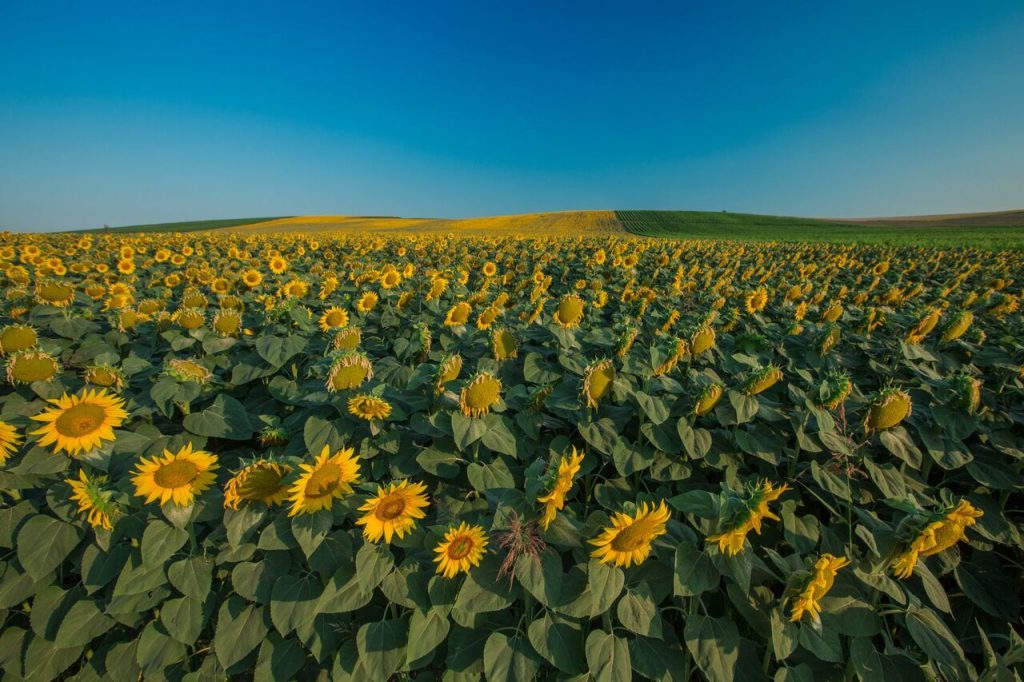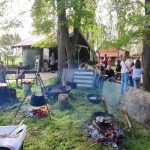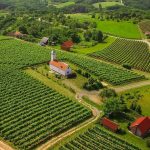Croatia away from the coast may not have all the glitz and the glamour of Dalmatia and its yachts, but what it does have isn’t worth missing…
They say tourism accounts for good 30 percent of the Croatian economy. In all that, when speaking about tourism, the general perception of Croatian tourism somehow implies the coast, the sea, sunshine and partying on the beach, and very little else, or anything, elsewhere. Generally.
Yet, there is a big portion of Croatian tourist cake remaining in the shade of the seaside. And we want to try and give our dedicated share to that ”other portion” and to speak and talk about what lies away from the sea and the incredible rural riches accessible to everybody, but little spoken about. We want the world to know what else about Croatia it is missing.
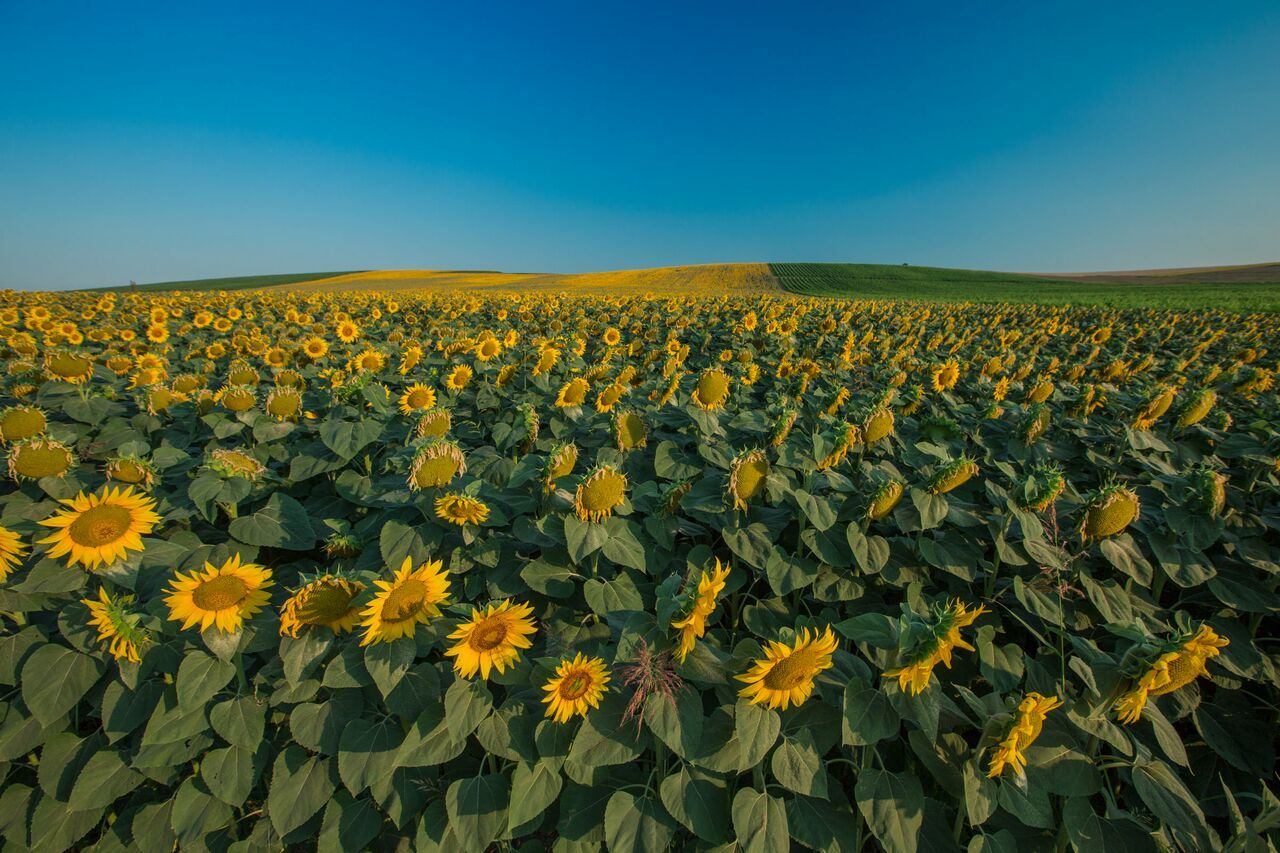
Copyright Romulic and Stojcic
To get a better insight for a better start, one must get informed. What better than a chat with a person who knows all other persons in the field and is a pioneer of Croatia’s rural tourism. She is Dijana Katica, long time chairman of the Croatian Association for Tourism and Rural Development ”The Village Membership Club”.
A vet by education, Dijana always preferred nature, animals and clean air to the busy streets in the heart of Zagreb where she was born and raised, As life wants it sometimes, your preferences may come true.
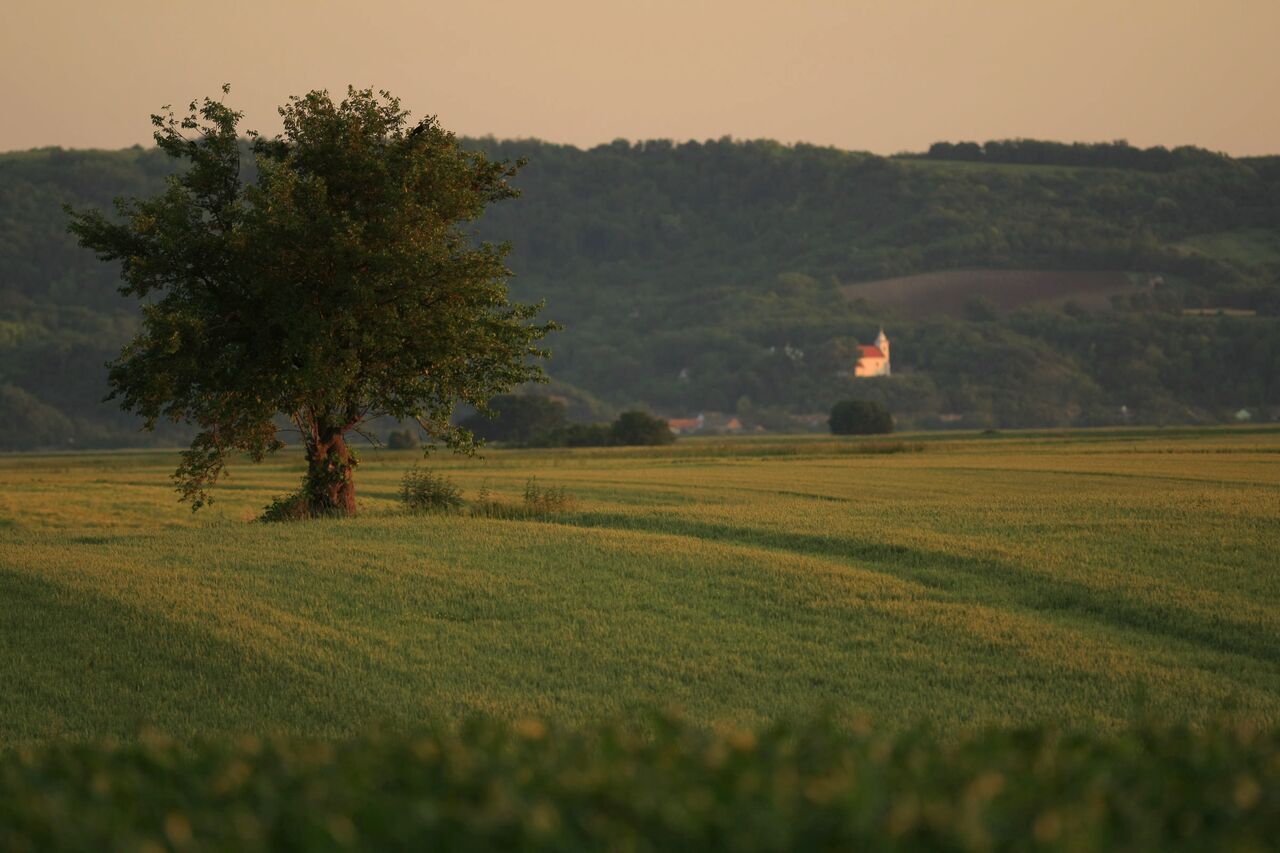
Copyright Romulic and Stojcic
How did you start off, and how did you end up dealing with rural tourism?
It happened in those terrible days of war, back in early 1990’s, when some experts of the trade, despite the situation, continued their work and together with the then new ministry of tourism and enacted a new project on rural tourism. I was assisting and, well, I’m still in it, and totally so.
Considering the overall situation in the country, some parts of which remained occupied until the summer of 1995, how did it work at all?
We simply set out on the road to see what was available, what existed and what functioned, to get a scan of the whole country that we eventually crossed up and down in all directions more than once. And we also traveled abroad to the countries whose rural tourism was highly developed, like France, Austria, Slovenia, to acquire knowledge, experience, ideas, to get inspiration for something that we could apply in our country.
It was not easy, not smooth, and it was, I care to say, deeply emotional in the first place – we would visit a place with a mayor who will feel uneasy because he could not treat us to some opulent lunch, or some household on a farm whose owners would sort of apologise because all they could offer was their home made sausages and bread baked under the ashes – and it took a bit to convince them that that was exactly what we were talking about – home grown, home made, genuine, original, typical, local and traditional.
We tried to tell them as much as we could and knew, and really, the first results were there quite soon – people would call for consultation, like – my family has this old mill, or, we have this old chariot and several horses, do you think we could make something out of that, etc.
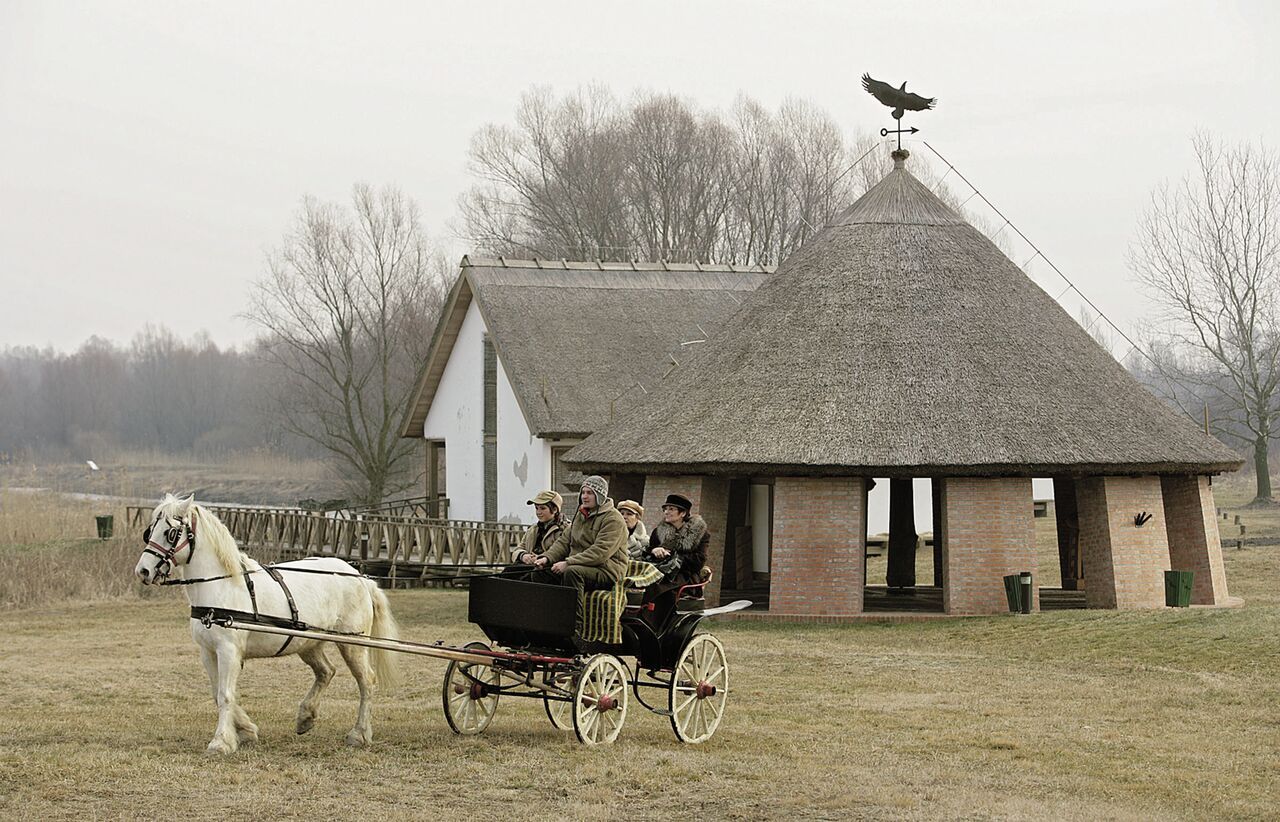
Copyright Romulic and Stojcic
Can we suppose that it was not that simple, was the legislation of the new country offering legal solution for new businesses of the sort?
Of course not, the system was totally new, so we had to work on that at the same time. There was a new item – how to turn a private farm that actually had no status in the former country, into a ”company’’ that will produce and sell, rent their other services and so on. There were also cases when somebody would do all the work, construction, adaptation, new facilities and the like, and would only then face the bureaucratic side of life. Assistance was given to quite a few, at the same time, we initiated a separate chapter at the Chamber of Economy that would deal with rural tourism only.
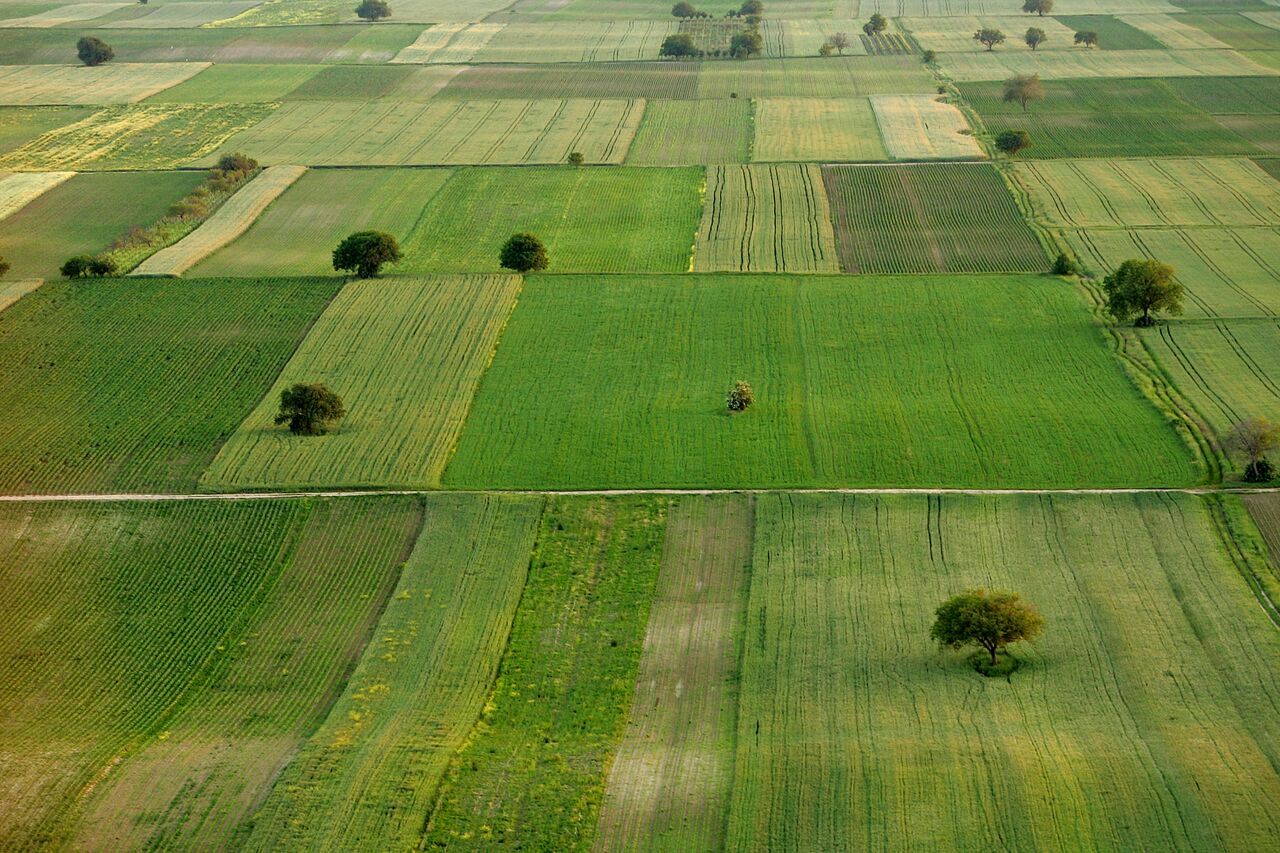
Copyright Romulic and Stojcic
When was your Association founded?
The Village Membership Club was founded in 1997, as an organisation that would cater to any entity in rural areas that offer tourist services, in education, in any kind of professional assistance, as a kind of a coordinator and connector, a body that is supposed to have a good overall view on Croatian rural tourism, in a practical, rather than theoretical way.
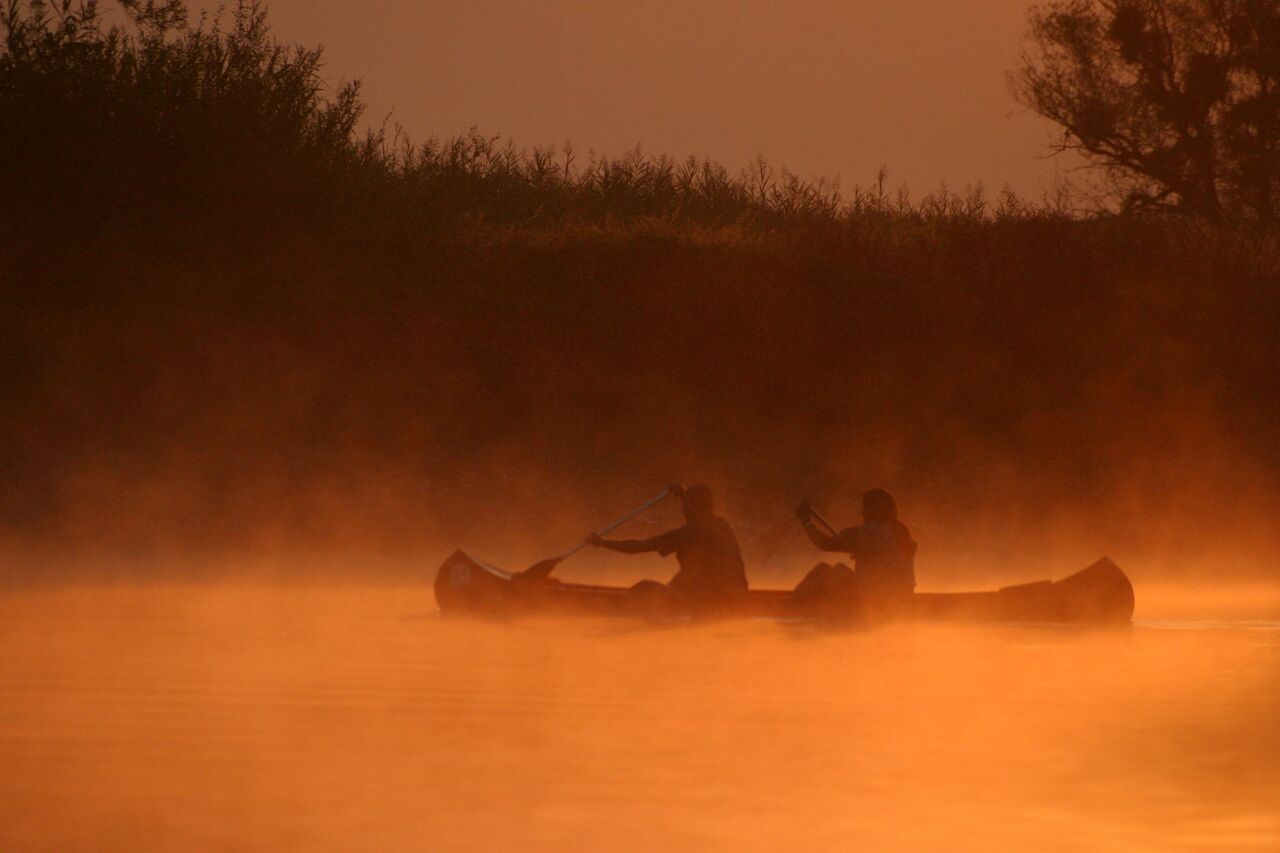
Copyright Romulic and Stojcic
What were the first concrete moves or ”events” in rural tourism in Croatia in the 1990’s?
As said, it was usually more difficult than not, the war was not an encouraging factor, of course, but we knew there was not only just hope. The first concrete programs were shown in Istria, which was not only (physically) unaffected by the war, but also had some tradition in rural tourism, and the geographical vicinity of Italy favoured new projects, not only for smaller individual estates or households, but also regionally, be it a wine road, connecting more places around the same motive and similar.
It took time, of course. Eventually, eastern Croatia, especially the region of Baranja, started to grow up strongly, the rich region has so much to offer and, just to say, people that had never been any close to the tourist trade, people living in towns, would buy a property, an old house or an estate in the countryside, invest money, refurbish it and turn it into a new, original venue offering something specific and special. Other areas have been going pretty strong too, like Srijem, and not to talk about Konavle (location of Dubrovnik Airport), that is actually becoming a destination by itself – people come to stay in Konavle and then maybe just visit Dubrovnik for several hours.
The variety of services, intelligent internal networking and cooperation are shown in Konavle in the best of ways. I also care to mention our islands – despite being surrounded by the sea, there is lots of rural tourism going on.
Does this mean that the trends on tourist markets are changing?
Definitely. For many years, for overseas tourists the destination was Europe, then the next generation became more focused on particular areas, and now there is a third generation that has narrowed its interest down to a theme, like arts, a historical period, grape picking, running, sailing, partying, wine roads etc. In that, there is a true bright future for every corner of our beautiful country, from a remote island in the south to the exciting areas of Slavonia. In between there are tens and tens of very special and unique places and services.
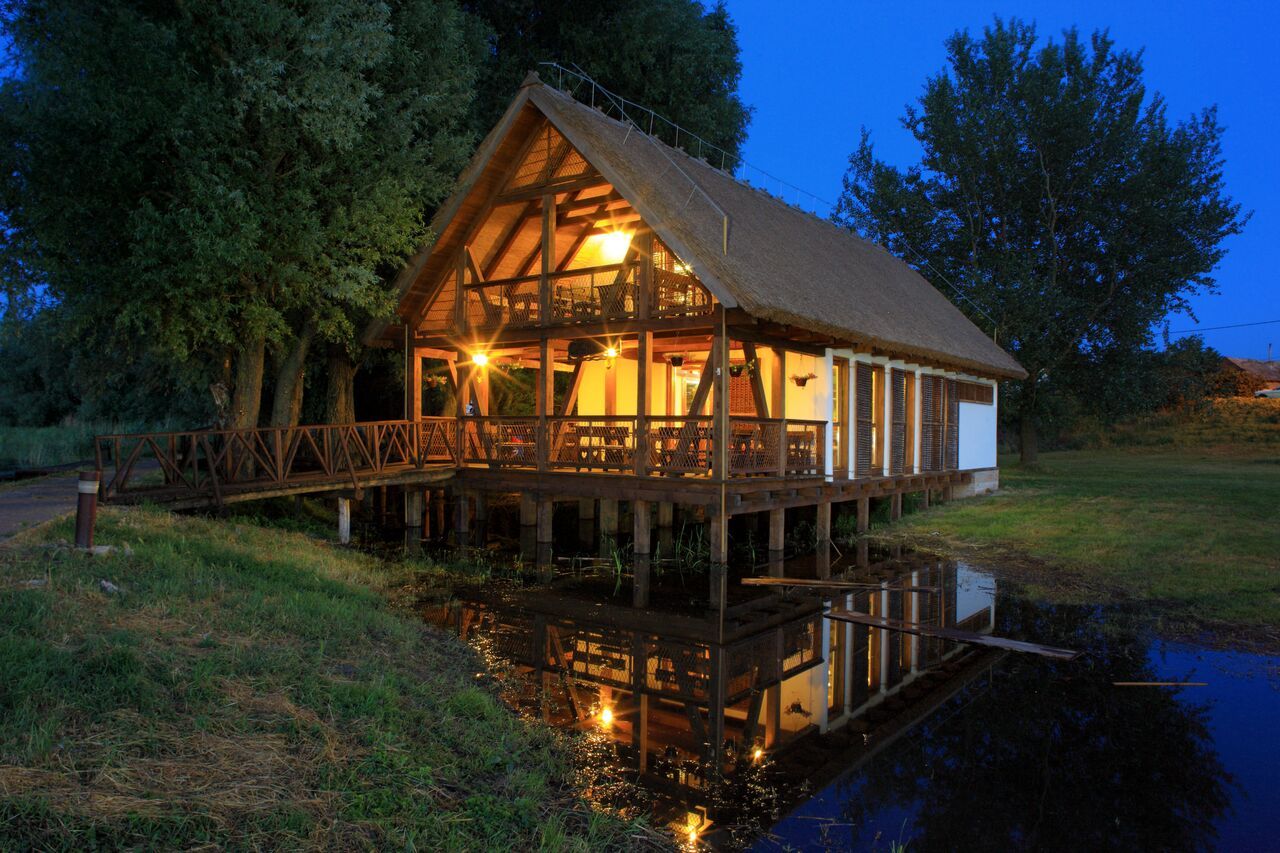
Copyright Romulic and Stojcic
As a non expert (an ignorant, in fact), I realise I tend to think that people go somewhere primarily because of the food.
They mostly do, I might say, but food is just one aspect of it. Important and implied in practically any other kind of service, food is also the most demanding element – while observing all the specificities of a place and all the features of its ”rurality”, there are essential standards that every facility must obey. Our people have done so much in education in that field, and I am sure that every place has reached a high level in food service. One aspect not very many of them have understood or dealt with is marketing and sales, though.
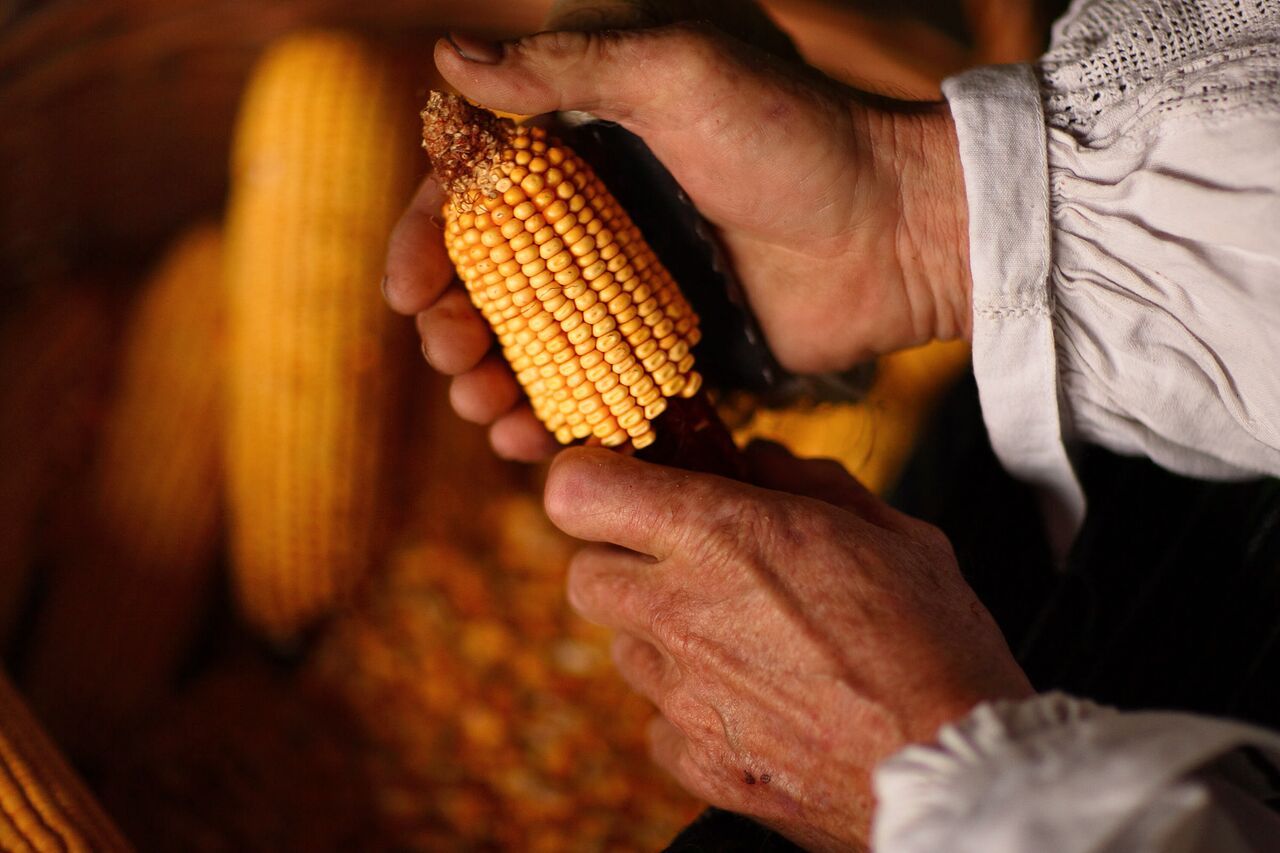
Copyright Romulic and Stojcic
Do they usually have a website, how do they communicate with potential clients?
First of all, you must understand that a person involved in hard work in the field to grow his own food, to cater to his horses, pigs, chicken etc, is not really up to a marketing plan. Most of them have a website, but still their main help in that sense comes from tourist boards and individual agents. The Croatian Tourist Board is preparing a larger project for rural tourism in that respect. Reminders of the so many wonderful local events and manifestations all over the country, which by my impression are chiefly followed by some local media and are valued by the presence or absence of political figures.
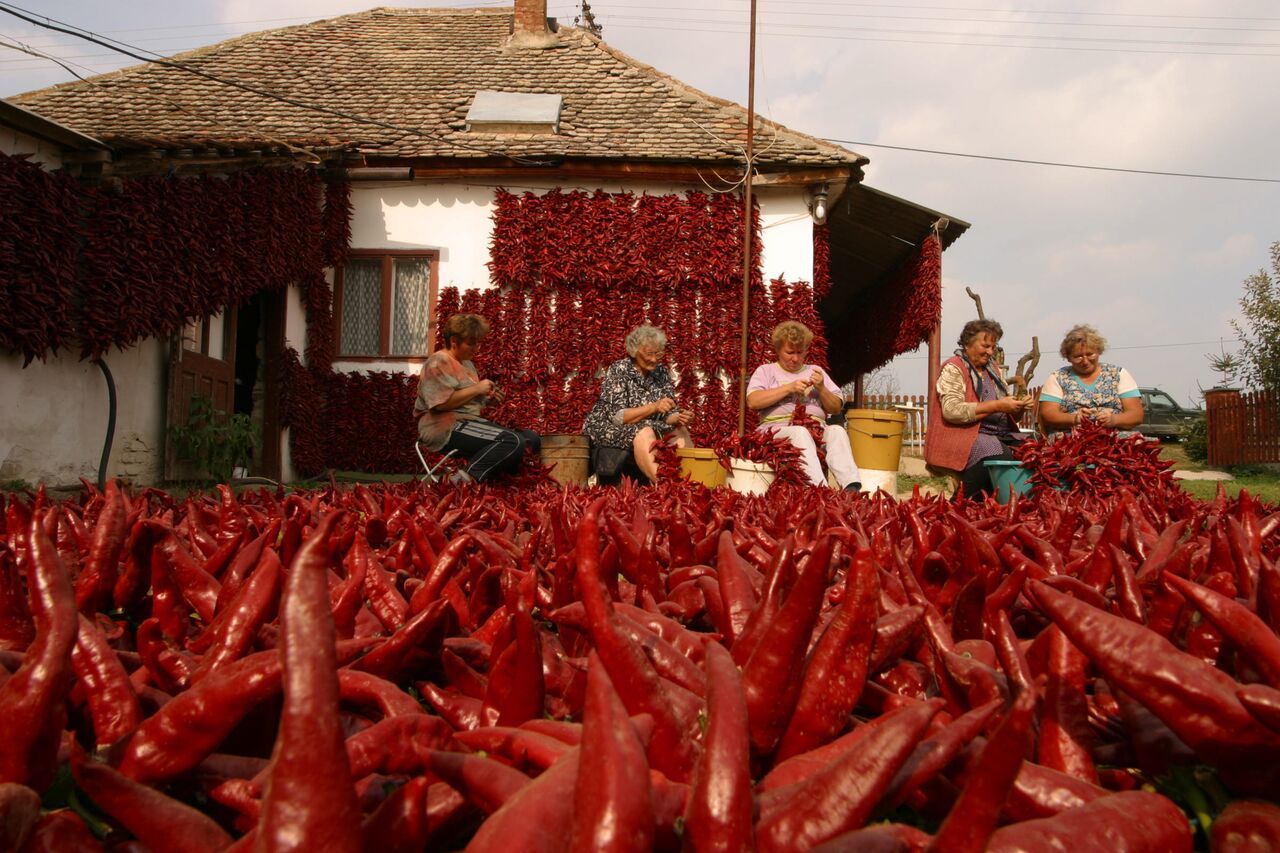
Copyright Romulic and Stojcic
In other words, an event is successful in proportion to the rank of the politicians that attend, and the main publicity is the announcement of such attendances. Do you agree?
I cannot agree more. It would take a bit of time to list all the traditional, typical, local and regional events and their topics and contents, the variety is stunning. I dare say that every single one is worth visiting. If for nothing else, then for the genuine zeal of the organizers, their sincerity, joy in creating and participating, you name it. What they need to learn is how to promote and publicise on time as as widely as possible, but that must also come with the time. It has been improving, however, yet it is still far from what it must be. The information must reach much, much bigger, international audience.
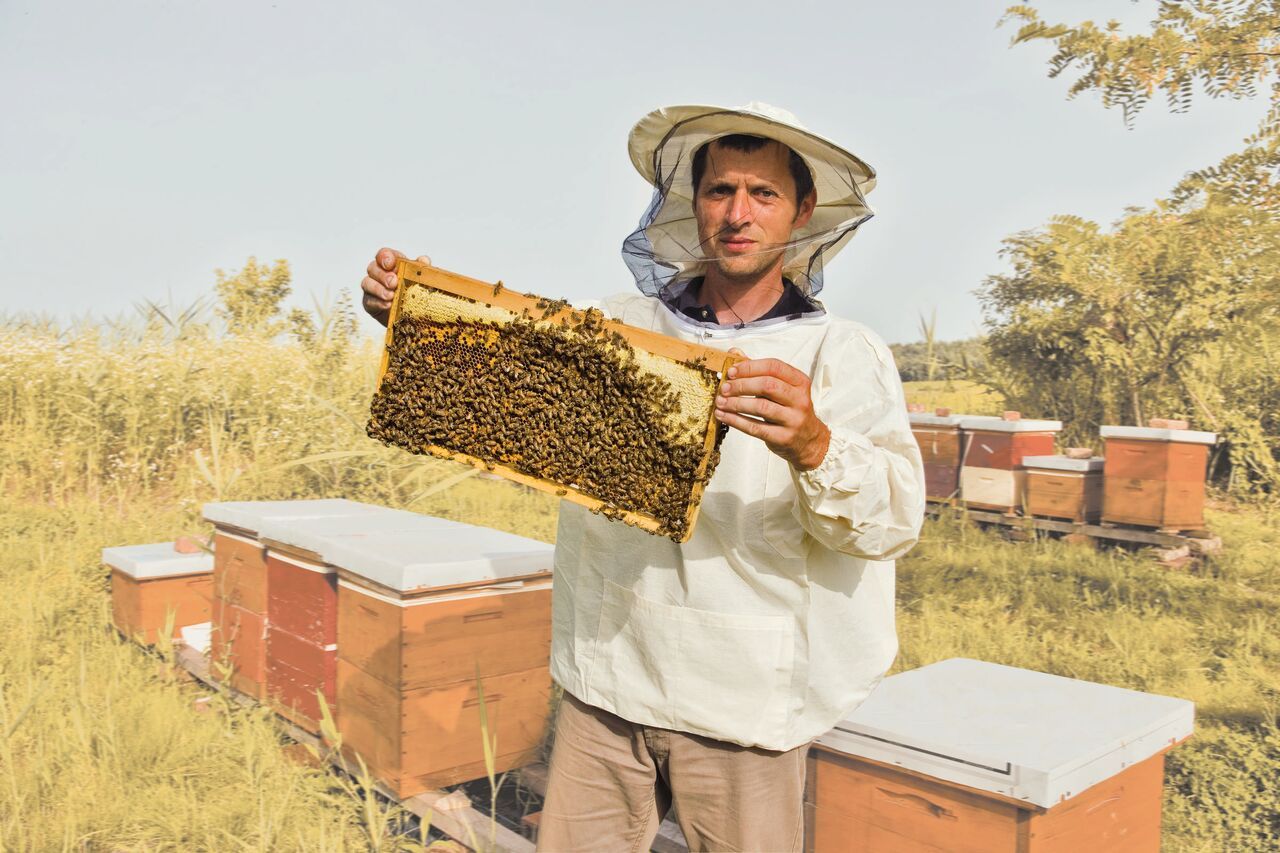
Copyright Romulic and Stojcic
Well, that is exactly what Total Croatia News, as Croatia’s biggest portal in English followed in 226 countries, wants to help with, in order to spread the voice world round that this country has so much to offer 365 days a year, in periods when nobody thinks about getting as suntanned as possible in order to impress their relatives back home.

